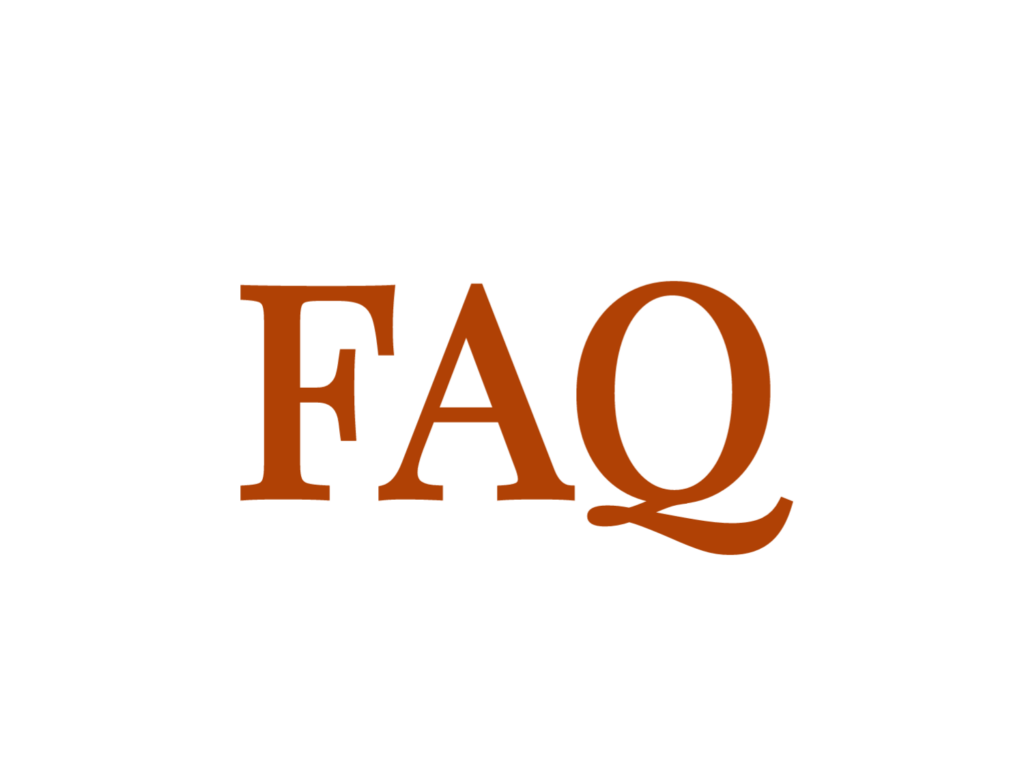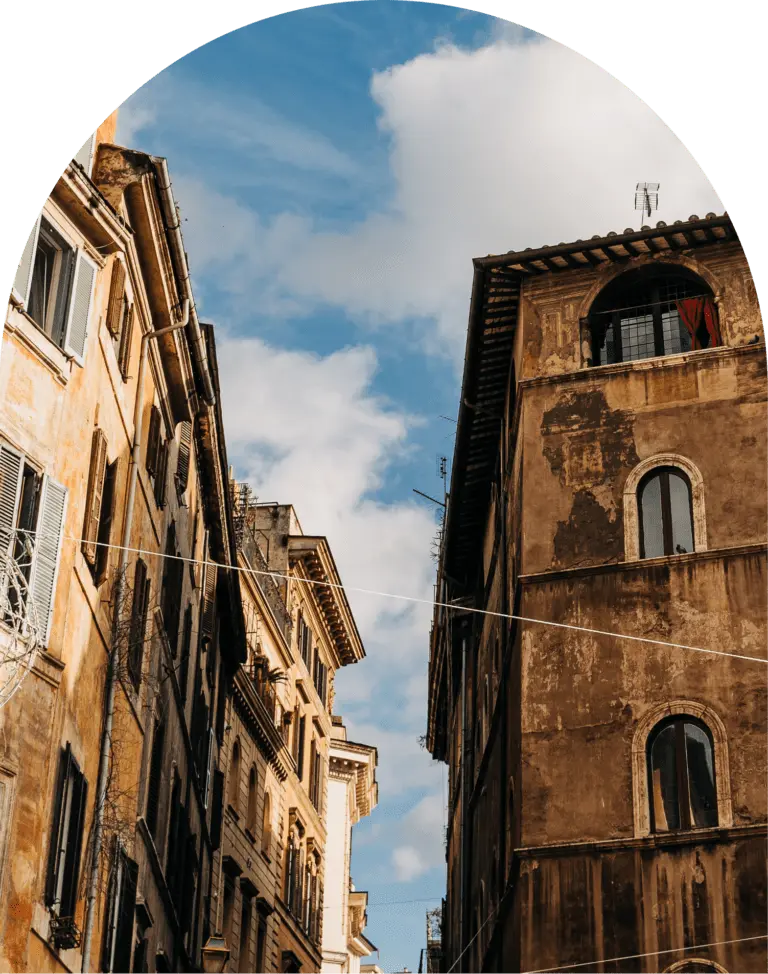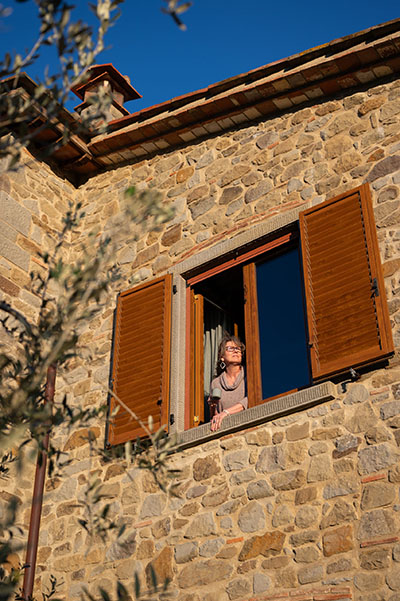- Can I purchase Italian property as a foreigner?
- Is Italian real estate a safe investment?
- Is it necessary to have an Italian or EU bank account to purchase Italian property?
- Where can I go to search property listings?
- Can I rent out my property in Italy as a foreigner?
- Is the Italian rental market strong?
- I am not ready to buy; can I rent a home instead?
- Is now a better time to rent or buy?
1. Can I purchase Italian property as a foreigner?
Citizens of most foreign countries, and certainly U.S. and Canadian citizens, can purchase Italian real estate. In accordance with the principle of ‘reciprocity’ (Reciprocità), citizens of countries with standing bilateral treaties with Italy are allowed to invest in Italian real estate even if they do not permanently reside in Italy.
Please visit the Italian Ministry of Foreign Affairs page for a list of countries with bilateral agreements with Italy.
2. Is Italian real estate a safe investment?
Italy is a free, democratic country and a founding member of the European Union, where rule of law and private property are upheld without reservations. Italy is consistently ranked among the most desirable places to live in the world. The appeal of the Italian lifestyle, Italy’s beautiful landscapes, and its world-class healthcare make purchasing property in Italy increasingly attractive to foreign buyers.
While Italian real estate is a safe long-term investment and a strong hedge against inflation, it is possible to encounter bad actors or bureaucratic issues when purchasing property in Italy. Buyers should be familiar with the Italian legal system and perform necessary due diligence before proceeding with any purchase.
3. Is it necessary to have an Italian or EU bank account to purchase Italian property?
The short answer is no. While it may be useful, having a local bank account is not necessary. An Italian bank account will make it easier to pay the various expenses associated with purchasing Italian property. It will also make it easier to pay your real estate taxes and utilities. These transactions, however, can also be done via foreign bank accounts or international money transfer services.
4. Where can I go to search property listings?
There are a number of Italian listing platforms, the more popular ones being Immobiliare.it, Idealista, and Casa.it; there is however no single platform where all Italian listings are directly accessible.
Not even realtors have access to an integrated multiple listing service (such as the American MLS) that allows them to share listing information with one another. This means the Italian property market is rather opaque, even for insiders. Personal connections and knowledge of the Italian language are often critical in obtaining access to local market opportunities.
5. Can I rent out my property in Italy as a foreigner?
As described above, foreign citizens are permitted to rent out their Italian property even if they are not residents of Italy if there is a bilateral agreement between Italy and their country of origin. The U.S. and Canada have such bilateral agreement.
Certain Italian municipalities may decide to restrict the practice of short-term rentals within their jurisdiction, but these provisions are rare and usually limited in time.
6. Is the Italian rental market strong?
The Italian rental market has been steadily growing in recent years. Young Italian families are often choosing to rent their primary residence rather than purchase it. This has resulted in an increased demand for rentals, leading to higher rent prices. At the same time, the Italian legal system has gradually become more protective of tenants in an effort to ensure housing is widely available across the country. This has resulted in a decreased supply of residential space for long-term lease, as landlords have become wary of choosing the right tenants. On the other hand, the short-term rental market has seen an increased supply, which has been matched by robust demand in certain urban and resort locations.
7. I am not ready to buy; can I rent a home instead?
Renting property as a foreigner is possible, but it is also quite rare. Demand for rental properties has been increasing over recent years, and supply has remained limited. If you lack permanent residence or an Italian source of income, it is unlikely a landlord will take the risk of leasing their property to you rather than to a resident with a local source of income.
8. Is now a better time to rent or buy?
Because of the reasons listed previously, renting an Italian home for a long period as a foreign individual can be rather complicated. On the other hand, increasing interest rates over the past 12 months have made it more expensive to finance the purchase of real estate. This has restricted the pool of potential buyers and made it easier for cash buyers to find interesting opportunities in the most desirable markets.
Have more questions? Visit our blog or contact us directly to find answers.








